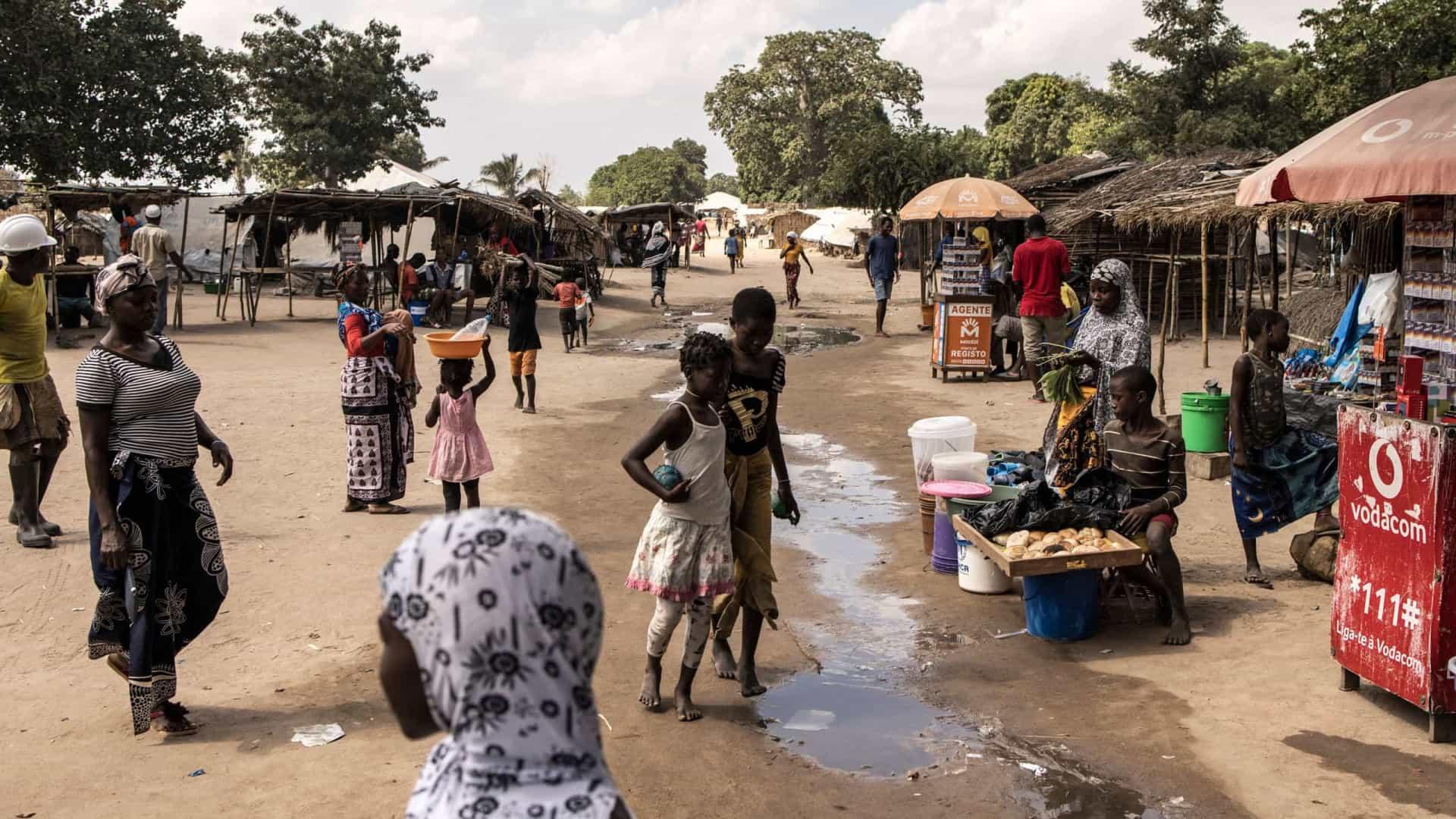Africa-Press – Mozambique. Analyst João Feijó thinks that armed violence in Cabo Delgado will continue, and that the authorities must be prepared to face “a marathon”, instead of “a race” that is soon over.
“I think this conflict will be a marathon – it will not be the 1,500 meters race we thought it would be,” he told Lusa regarding the five years of conflict.
The insurgent groups “play with time” and are prepared “to spend 10 or 20 years” terrorizing the region, “living in the bush, looting and stealing”.
“We don’t have that time,” he says, alluding to the country’s desire to get oil majors back to exploit natural gas, the need to put an end to a very expensive military intervention and the soldiers’ desire to return home.
Feijó believes that the government has realized that it will have to live with some degree of violence, something that could turn into a “low-intensity conflict”.
“The government itself has admitted that the problem of instability will last for several years, and we have to live with it,” he adds.
What is not known is whether this will be enough to restart the gas projects.
The researcher says that the answer can only come from TotalEnergies, the oil major that had to abandon the works near Palma after the March 2021 attack, and which says it is still waiting for improved security.
The attack marked the beginning of a third phase of the conflict, Feijó said, in which Mozambique asked for external help and Rwanda entered (along with SAMIM, a mission of the Southern African Development Community), helping to reconquer areas that the state “was unable to manage”.
“It was a turning point,” he underlines.
The first attack took place in Mocímboa da Praia on October 5, 2017, in what he classifies as the first phase of the conflict.
A second phase followed, with great pressure from rebel forces, which grew, established bases, occupied territory and led to the suspension of Mozambique’s gas projects, the largest private investment in Africa.
The military offensive by the allied forces reconquered the areas around gas-relevant sites like Palma and Mocímboa da Praia, among others, and destroyed the large insurgent bases, where “they had contact with the population” and “created an entity in opposition to the Government”, in Feijo’s words.
The remaining rebels returned to the bush and restarted occasional attacks against relatively remote communities, only now expanding their area of action to include southern districts of Cabo Delgado and in Nampula province.
“We took two steps forward and one backward,” Feijó says.
Five years on, “a great fog remains. It is not clear” who Mozambique is fighting.
“Perhaps it is clear to the Mozambican, Rwandan or SAMIM intelligence services, but this information is not passed on to the public.”
Some attacks have been claimed by the Islamic State group, but “what is known” told by “those who have been with the insurgents, is that the group is not that homogeneous”.
There are foreigners and there are Mozambicans, “with different levels of radicalization and motivation”.
There are about 800,000 internally displaced people due to the conflict, according to the International Organization for Migration (IOM), and 4,000 deaths, according to the conflict registry project, ACLED.
For More News And Analysis About Mozambique Follow Africa-Press






